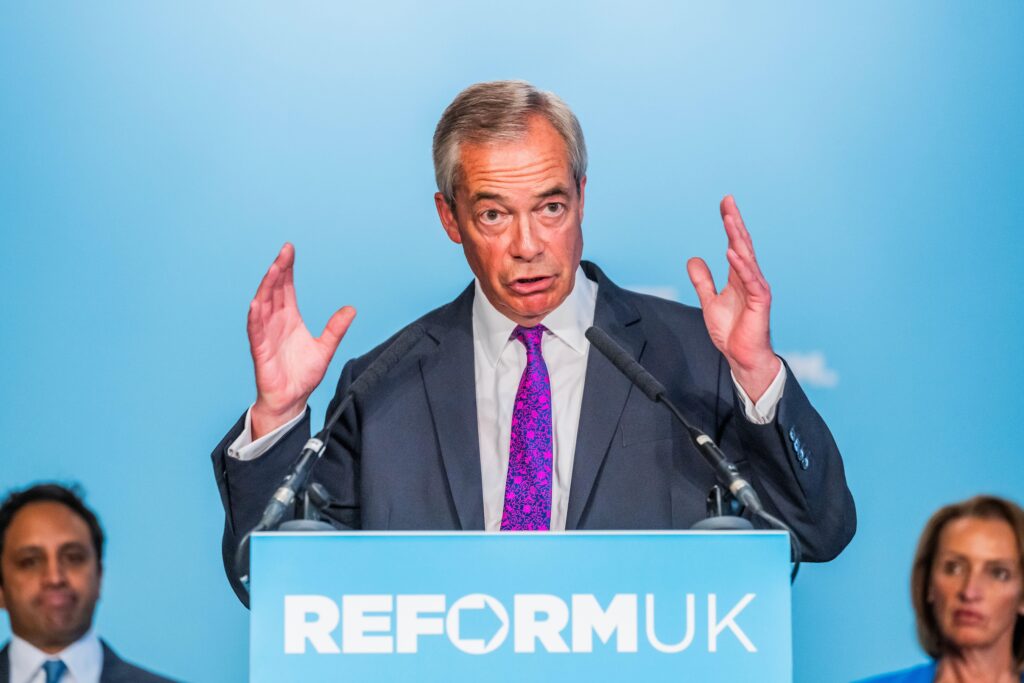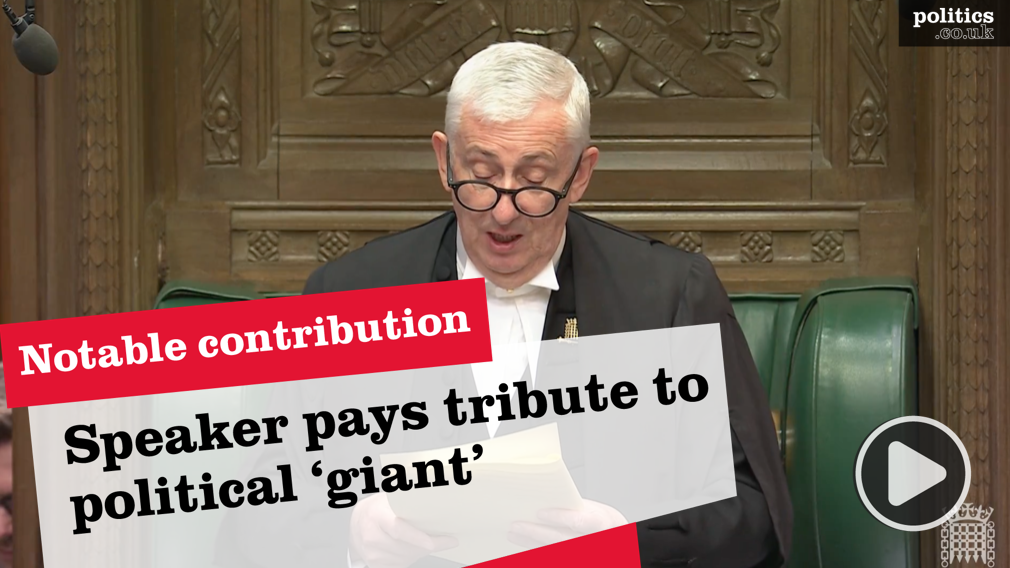What is a Think Tank?
Think tanks are research and advocacy institutions that publish advice on a range of social, political and economic issues in hope of influencing policymakers and the power-holders of society.
Their focus is often said to be on finding innovative solutions, generating insight, and hitting on the next big idea. Their ideas often find their ways into public debate and even a government White Paper.
Each think tank operates with a particular focus and has a vision to move society in a particular direction. Many think tanks identify with a particular ideology or political philosophy, although some prefer to remain neutral.
Employees at think tanks are generally regarded as being leading experts in their field; key to the branding of think tanks is their claim to possess exceptional expertise, often presented as surpassing that of the government.
Think Tanks and Political Parties
Think tanks often operate independently of a political party but they frequently form close links.
The Centre for Social Justice (CSJ), for example, is a prominent right-of-centre think tank co-founded by ex-Tory leader Ian Duncan-Smith in 2004. Similarly, the Fabian Society is a well-known affiliate of the Labour Party.
Think tanks frequently invite MPs and Government Ministers to give talks. Foreign Secretary, Dominic Raab, has in the past been a speaker at the ‘Institute for Economic Affairs’ (IEA). Raab said the IEA had ‘saved Britain’ through its promotion of deregulation, union reforms and business tax cuts.
A number of politicians in the United Kingdom have a think tank background.
The current leader of the House of Lords, Natalie Evans, is not well known to the public. However Baroness Evans is quite well known within ‘think tank’ world. From 2008 to 2011, she was formerly the Deputy-Director of the right-of-centre think tank ‘Policy Exchange’. Fellow Conservative Cabinet Minister, Michael Gove, was also a leading light in the early years of Policy Exchange, before entering politics himself.
David Willetts, the former Conservative MP and Minister of State for Universities and Science from 2010-2014, is currently President of the Resolution Foundation-a living standards-focused think-tank. He has spent much of his life in the think tank world, and previously worked as the Director of the Centre for Policy Studies before being elected to Parliament.

David Willets is one of the UK’s leading ‘policy wonks’.
On the Labour side, former Labour Health Secretary, Patricia Hewitt, had previously served as Deputy Director General of the Institute of Public Policy Research (IPPR). Former Labour Foreign Secretary, David Miliband, also once worked as a policy analyst for the IPPR, before later moving to become Tony Blair’s Head of Policy.
How are Think Tanks Funded?
Fundraising is an important part of think tank life; think tanks simply cannot operate without financial backing. Funding can come through a variety of channels including membership fees, publications, and the sales of tickets to events. However, the most common form of funding comes through donations.
Knowing who is donating to a think tank, and how much, is important knowledge. A think tank’s key output is political research and it is instrumental to know who might be supporting a particular piece of research.
‘Who Funds You?‘ was a British volunteer run project that aimed to increase transparency in the sometimes shadowy world of think tanks. They scored think tanks based on four key measures:
1. Does the organisation disclose its income?
2. Are financial details published online?
3. Are individual donors named and the amount of each donation published?
4. Are corporate donors named and the amount of each donation published?
The key aim was to see if public interest research was being captured by private wealthy interests.
Jobs in the Think Tank Sector
Think Tanks pride themselves on employing only those with exceptional expertise.
For first time employees, this can be difficult because few University degrees prepare students to work in policy research institutions. Given this, think tanks frequently run their own internship schemes to help educate the next generation of experts.
Selected UK Think Tanks
In the UK, there is a think tank for practically every political view and policy focus imaginable. The below is a list of some of the most prominent think tanks that work across the full range of policy issues:
The Adam Smith Institute is a right of centre think tank which promotes ‘neoliberal’ and free market ideas through research, publishing, media commentary, and educational programmes’. They are named after the 18th-century Scottish economist and moral philosopher, Adam Smith. The Institute was established in 1977 by Dr Madsen Pirie and Dr Eamonn Butler.
The Cato Institute is a right of centre think tank ‘dedicated to the principles of individual liberty, limited government, free markets, and peace’. The institute is named after ‘Cato’s Letters’ a series of essays published in 18th-century England that argued for less government influence in society.
The Centre for Policy Studies (CPS) is a centre right think tank with strong links to the Conservative Party, having been set up by Sir Keith Joseph and Margaret Thatcher in 1974.
The Centre for Economic and Policy Research (CEPR) is a think tank with a particular focus on the economy. According to themselves, the CEPR is involved in ‘fostering high quality, policy-relevant economic research, and disseminating it widely to decision-makers in the public and private sectors’.
Demos is a social democratic think tank set up in 1993 with a strong focus on Social Issues.
The Fabian Society is a left of centre think tank set up in 1884. The Society has long been affiliated with the Labour Party. The Fabian Society promotes ‘greater equality of power, wealth and opportunity’, and ‘the value of collective action and public service’.
The Institute of Economic Affairs (IEA) is one the oldest British think tanks that was first established in 1955. It advocates free market principles.
The Institute for Public Policy Research (IPPR) is a left leaning and progressive think tank with close links to the Labour Party. It was established in 1998.
Policy Exchange is a centre right think tank that was established in 2002. It developed a reputation as being particularly influential with David Cameron’s Conservative government.


















